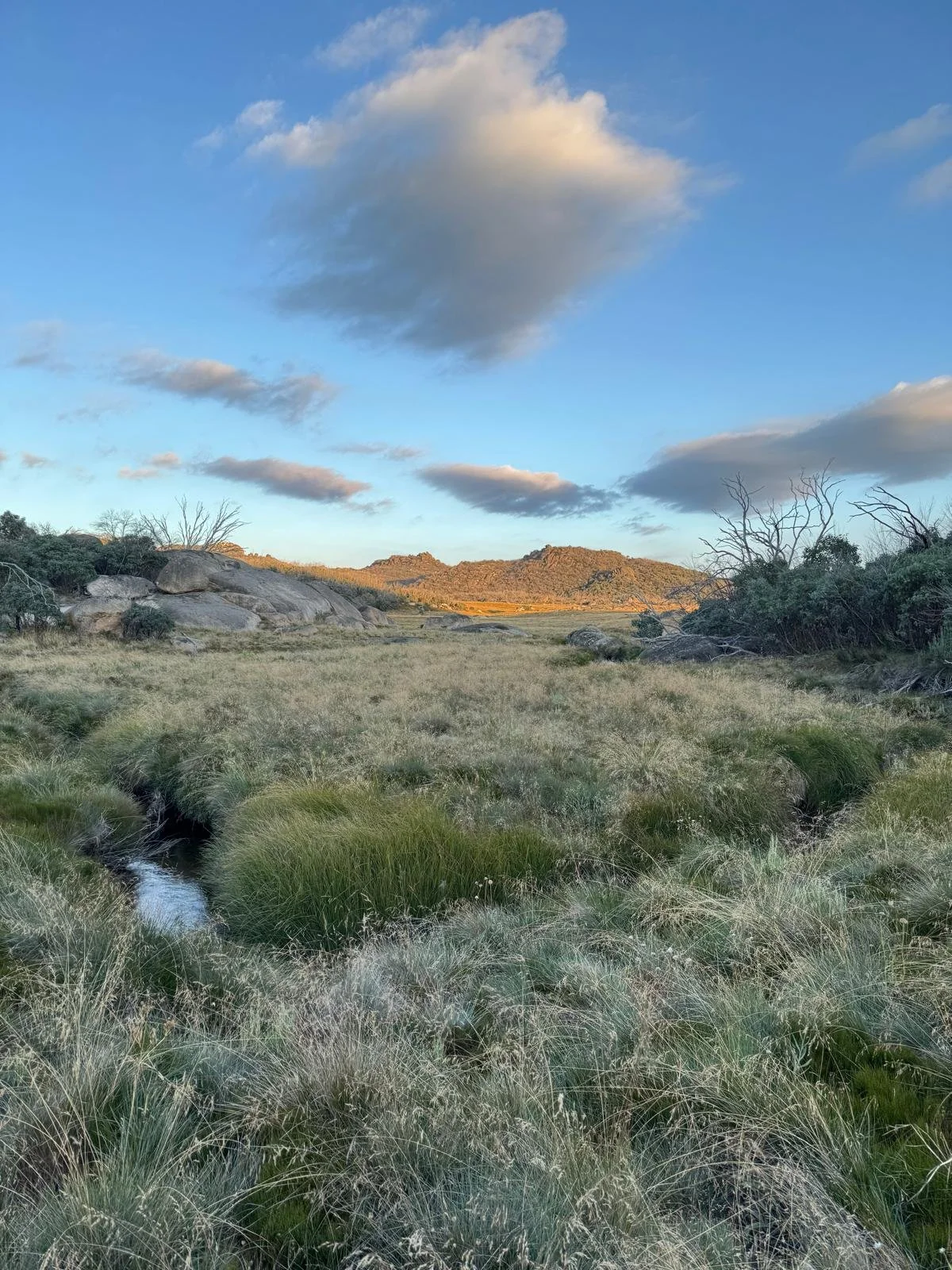Bias, Power, and Postcoloniality: Why Disasters are Never Neutral
Disasters are not natural phenomena. While they may be triggered by environmental hazards, their impacts are shaped, and often intensified, by deeper forces - history, politics and power.
To understand why some communities are disproportionately affected by disasters, we must examine the deeper structures at play. Bias, power, and postcolonial legacies are central to this conversation. Without them, disaster research and practice risk reproducing the very inequalities they seek to address.
Bias is not only individual - it is institutional and systemic.
Disaster response frameworks often claim neutrality, but the systems that inform them are rarely neutral. Bias can influence which risks are prioritised, whose losses are acknowledged, and which communities receive timely and adequate support.
This bias may manifest in data collection, in resource allocation, or in the assumptions embedded in preparedness and recovery strategies. For instance, informal settlements are frequently overlooked in risk assessments, despite being among the most vulnerable. Similarly, Indigenous knowledge is often undervalued or ignored in favor of "scientific" or "technical" approaches, even when local knowledge systems offer more context-specific insight.
Power is central to how disasters are framed and managed.
Disasters are governed by institutions. The power to define what constitutes a disaster, to allocate aid, and to set recovery priorities rests largely with governments, international organisations, and emergency management sector actors that often operate at a significant distance from affected communities.
This asymmetry shapes outcomes. Communities with less political visibility or influence frequently experience delays in aid, limited participation in decision-making, and marginalisation in longer-term recovery planning. Power also influences whose narratives are amplified in public discourse and whose experiences are deemed peripheral.
Postcoloniality reveals how history continues to shape vulnerability.
Colonialism has left enduring legacies in disaster-prone regions, particularly in the Global South. These legacies include unequal land tenure systems, extractive economic structures, and externally imposed governance models - all of which continue to inform contemporary patterns of exposure and vulnerability.
Even today, postcolonial dynamics persist in the language of international aid, in the privileging of Global North expertise, and in funding structures that prioritise technical interventions over community-led initiatives. Understanding postcoloniality in disaster contexts requires more than historical awareness; it demands a recognition of how colonial power relations are rearticulated in the present.
Moving forward: Rethinking disaster knowledge and practice
If disaster work is to be equitable, it must move beyond top-down, technocratic solutions and engage with the social and political dimensions of risk. This involves asking more critical questions:
Who defines vulnerability and resilience, and on what basis?
Whose knowledge informs and leads preparedness and recovery planning?
Which communities are systematically excluded from decision-making processes?
How do we move beyond best intentions and consultation, to deep listening and co-development?
This requires a commitment to rebalancing power. Rather than simply “including” local voices, disaster professionals must create space for affected communities to lead. This includes recognising the legitimacy of local knowledge systems, resourcing grassroots initiatives, and challenging institutional structures that reinforce reliance and dependency.
Addressing disasters effectively requires more than rapid response. It calls for deeper reflection on the historical and structural conditions that produce uneven outcomes. By foregrounding bias, power, and postcoloniality, we can begin to imagine disaster systems that are stronger, just and community-led.
Colonialism has left enduring legacies in disaster-prone regions

